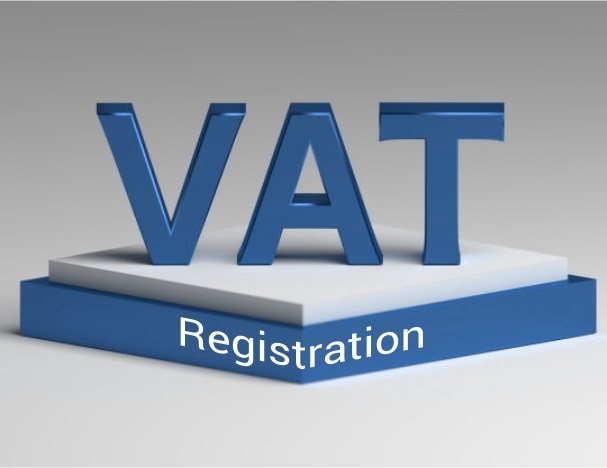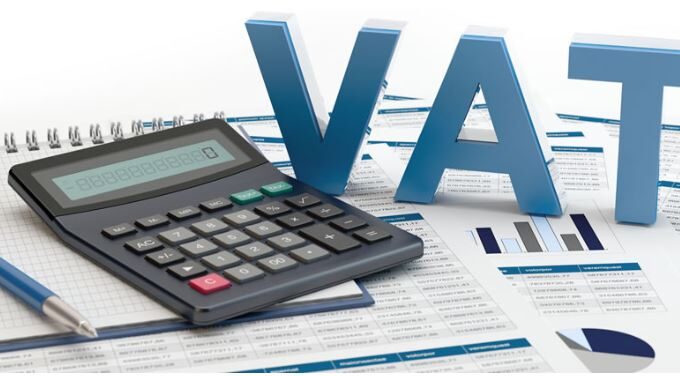Understanding VAT registration is crucial for businesses operating in South Africa, as it impacts financial planning, pricing strategies, and tax compliance. Value Added Tax (VAT) is an indirect tax levied on the consumption of goods and services in South Africa. Businesses that meet specific criteria are required to register for VAT, which involves collecting and paying VAT on taxable supplies. This article explores the intricacies of VAT registration in South Africa, including mandatory and voluntary registration thresholds, the registration process, and key considerations for businesses.
Mandatory vs. Voluntary VAT Registration
The South African Revenue Service (SARS) mandates VAT registration for businesses that meet the mandatory threshold. This threshold currently sits at R1 million in taxable supplies made or expected to be made within any consecutive 12-month period. Businesses exceeding this limit must register for VAT within 21 business days.

VAT Registration Thresholds in South Africa
Registration Type | Threshold | Description |
Mandatory | R1 million or more in taxable supplies within 12 months | Compulsory registration for businesses exceeding this limit. |
Voluntary | Over R50,000 in taxable supplies within 12 months | Optional registration for businesses above this threshold. |
Voluntary Registration: Weighing the Advantages
While not mandatory, businesses exceeding R50,000 in taxable supplies within 12 months can opt for voluntary VAT registration. Here are some potential benefits to consider:
- Claiming Input Tax Credits: Registered businesses can claim back VAT paid on purchases (input tax) against VAT charged on sales (output tax). This can lead to significant cash flow improvements, especially for businesses with high input tax content.
- Enhanced Credibility: Being VAT-registered can project a more established and credible image, potentially attracting larger clients and boosting business reputation.
- Future-proofing Growth: Voluntary registration allows businesses anticipating future growth to exceed the mandatory threshold without the hassle of last-minute registration.
However, voluntary registration also comes with additional administrative burdens, including:
- Maintaining Accurate Records: Businesses need to meticulously track VAT on purchases and sales for accurate tax filing.
- Filing VAT Returns: Timely submission of VAT returns to SARS becomes a mandatory requirement.
- Potential Cash Flow Impact: Businesses may need to make upfront VAT payments before claiming input tax credits, potentially impacting cash flow.
The VAT Registration Process
The process for VAT registration in South Africa can be completed online via SARS eFiling or in person at a SARS branch. Here’s a simplified breakdown:
- Gather Required Documents: Prepare documents like your business registration details, ID documents, and bank account information.
- Complete the VAT 101 Form: This online form captures your business information and details for VAT registration.
- Submit the Application: Electronically submit the application form and supporting documents to SARS.
- SARS Review: SARS will review your application and may request additional information if needed.
- Registration Confirmation: Upon successful registration, SARS will issue a VAT registration number.
Considerations for Businesses
Before embarking on VAT registration, businesses should carefully consider the following:
- Impact on Pricing: Businesses may need to adjust prices to account for the 15% VAT standard rate.
- Financial Systems: Ensure your accounting system can handle VAT calculations and record-keeping requirements.
- Tax Compliance Expertise: Consider seeking professional assistance from a tax advisor or accountant for VAT compliance matters.
Conclusion
VAT registration in South Africa is a crucial consideration for businesses. Understanding the mandatory and voluntary thresholds, along with the registration process and its implications, empowers businesses to make informed decisions. By carefully evaluating their circumstances and potential benefits, businesses can leverage VAT registration to optimise cash flow, enhance credibility, and ensure compliance with South African tax regulations.
Navigating VAT registration and ensuring ongoing tax compliance can be complex. ODEA offers a comprehensive suite of turnkey accounting services, including VAT registration assistance, bookkeeping, and tax return preparation. Our team of qualified professionals can help you navigate the intricacies of VAT and ensure your business remains compliant with all tax regulations. Contact ODEA today for a free consultation and discuss how we can streamline your business finances.
Note: This article provides a general overview and should not be taken as tax advice. Businesses are encouraged to consult with a qualified tax professional, such as ODEA, for specific guidance on their VAT registration obligations.




